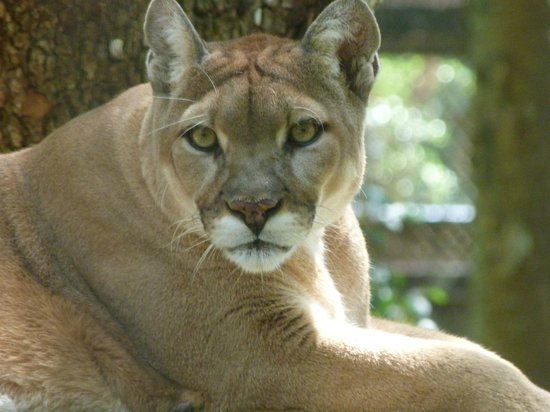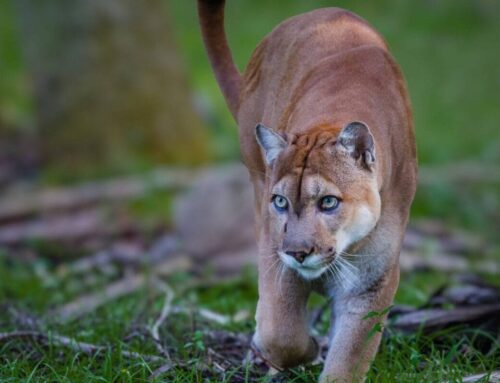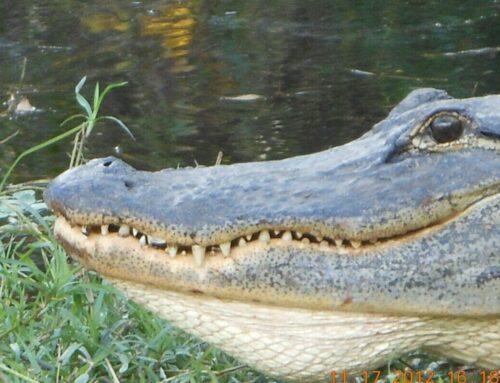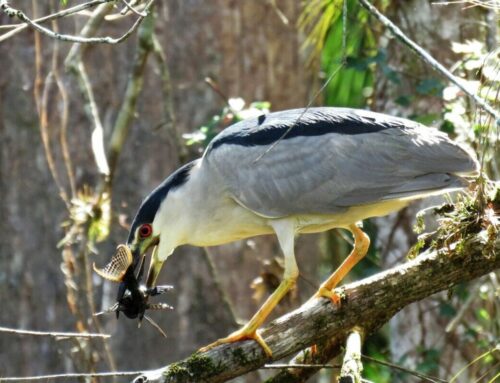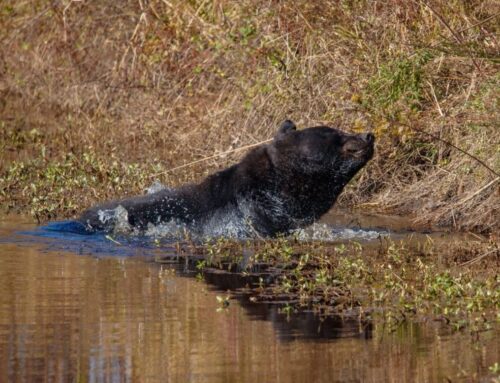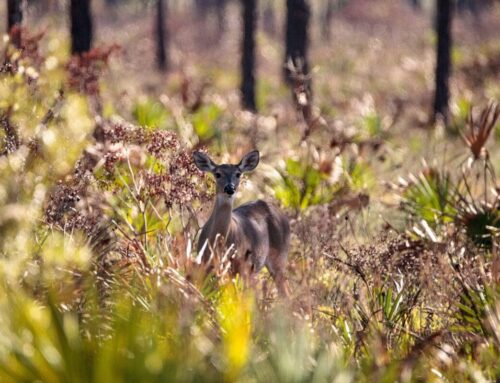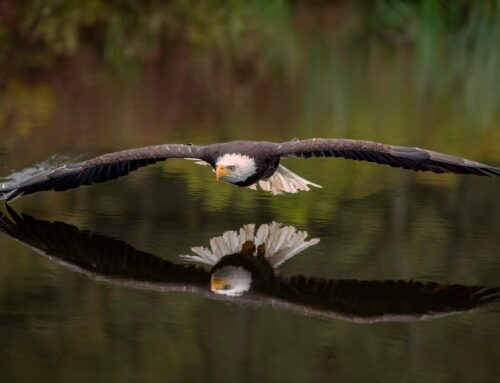When you visit Babcock Ranch, you will witness Florida wildlife at its finest. Currently, the two most predominant ecosystems on the preserve are Cypress Swamps and Pine Flatwoods. Both are home to a great variety of birds, mammals, reptiles, and plant species some of which are documented as threatened or endangered.
The term “endangered” is used for species that are at risk of losing 50% or more of its population, while the term “threatened” is used for species that are likely to become endangered soon. Babcock Ranch documentations shows that about 13 species living in the preserve belong to those categories.
With more than 60,000 acres there are many animals we can see at Babcock Ranch. Here we will concentrate on 6 animals most known as part of Florida’s fauna.
Alligators
American alligators are currently protected by state and federal law. They are no longer an endangered species but permits and other documentation are needed to hunt them. As a keystone species, alligators can dramatically impact the health of an ecosystem. Its ecosystem would be completely different or even cease to exist.
A female alligator can grow as long as 10 feet in length. Males can usually grow much longer. The record length for a Florida alligator was 14ft 3.5in. It was found in Lake Washington,
Brevard County.
Florida Black Bear
The Florida black bear is the only bear species currently in Florida. They are very flexible with their habitat and will adapt to almost any ecosystem in the state including scrubs, swamps, hammocks, and pinelands.
Florida black bears are mainly a solitary species and will only pair when the female has an offspring or during mating season. They will congregate only in areas with a high density of food.
Florida Panther
As an endangered species, Florida panthers are protected by the Federal Endangered Species Act. There are only 100 to 160 panthers currently living in the Florida wild. Their numbers have decreased throughout the years due mainly to habitat loss.
Florida panthers usually live in wetlands and large forests in South and Central Florida. Like the black bears, they are usually solitary unless it’s a female with her cubs. Even then they are hard to encounter as they usually stay away from humans.
Wild Turkey
Wild turkeys can be found in peninsular Florida. It is a woodlands bird that prefers forest edges and open forests. It can speed up to 55mph, mainly for short distances. Most of their time they are on the ground walking to preserve energy.
They don’t depend on a specific group of plant groups or food to survive. They are flexible with their habitat and can walk several hundred acres a day, looking for fruits, seeds, insects, and other plants and animals to eat.
Red-Cockaded Woodpecker (endangered)
Red-cockaded woodpeckers usually inhabit different types of pine such as the pond pine, longleaf pine, and the pitch pine. They are considered an endangered species and are protected by the federal government.
Their decrease in populations is due to the deterioration of their habitat. Back in the 1900s, longleaf pines were valuable as lumber thus they were chopped down and commercialized. Another cause of habitat deterioration is wildfire. It can destroy pines communities, making it difficult for woodpeckers to call it home again.
Florida Burrowing Owl
The Florida burrowing owl is another endangered species living in the Babcock Ranch Preserve. Like many other animals, its main threat is the loss of habitat due to construction activities. Other threats include the illegal pursuit of humans to capture it and floods that can damage the burrow in the ground.
This owl usually lives in open prairies so it can have better mobility when flying and can live in wetlands during the dry season. Its diet mainly consists of insects, but it can feed on other animals such as frogs, birds, and snakes.
Ready to Visit Babcock Ranch?
Ready to see some wildlife in action? Babcock Ranch Eco Tours lets you explore the different Florida ecosystems in a 90-minute eco-tour. Let our knowledgeable staff guide you through the wildlife and history of Babcock Ranch. Book a tour today!

